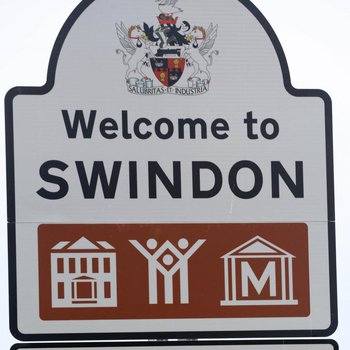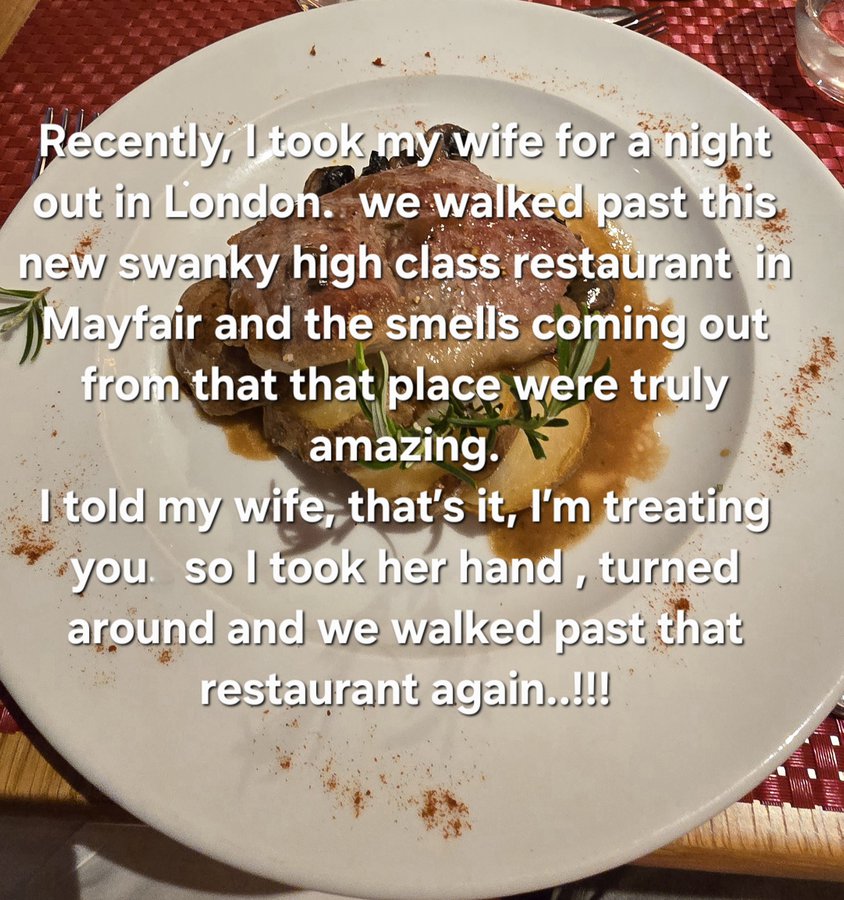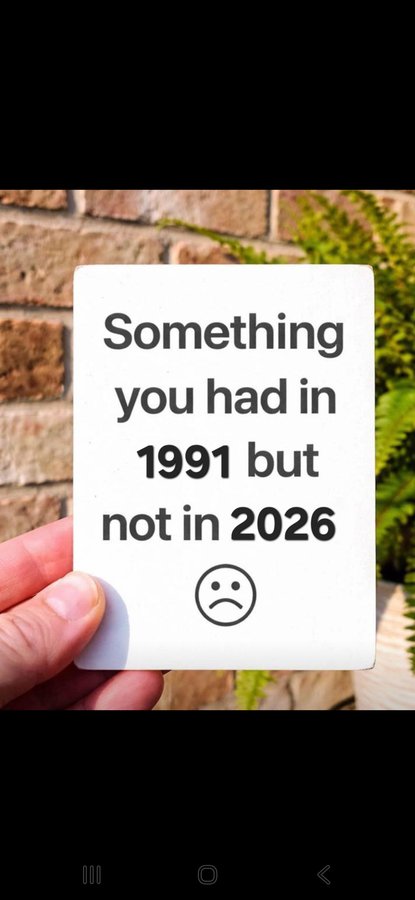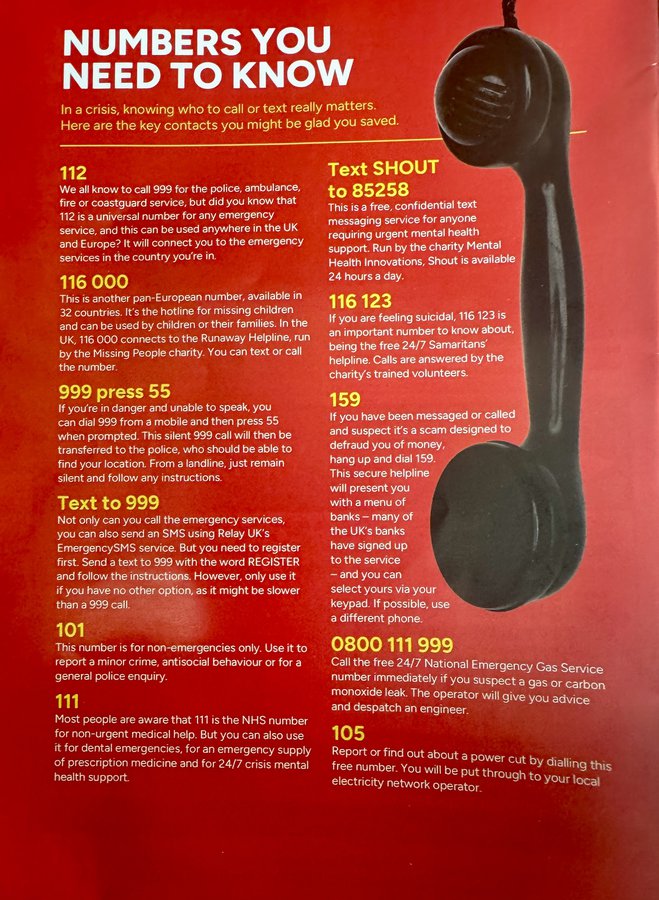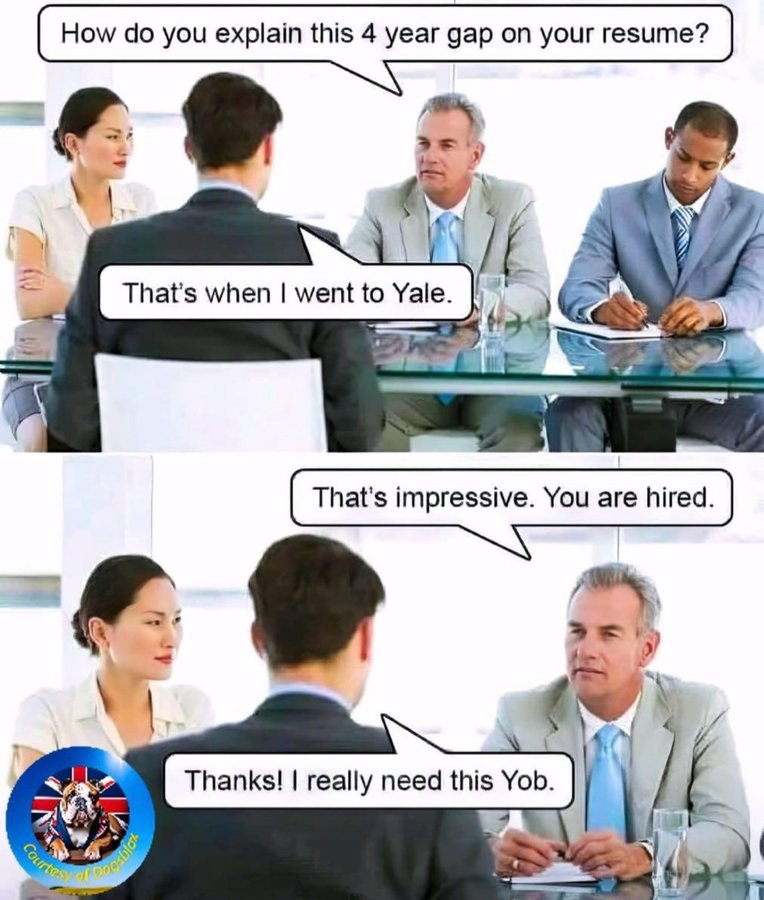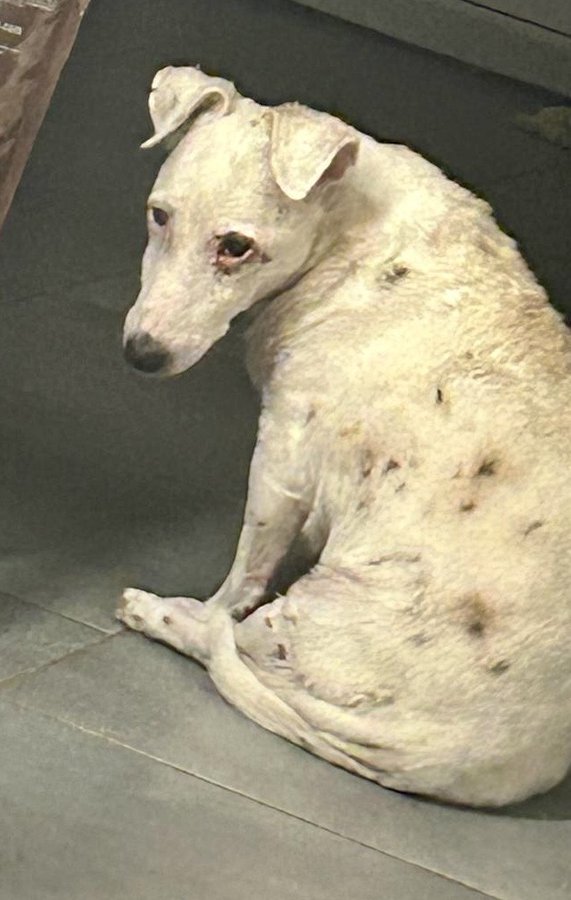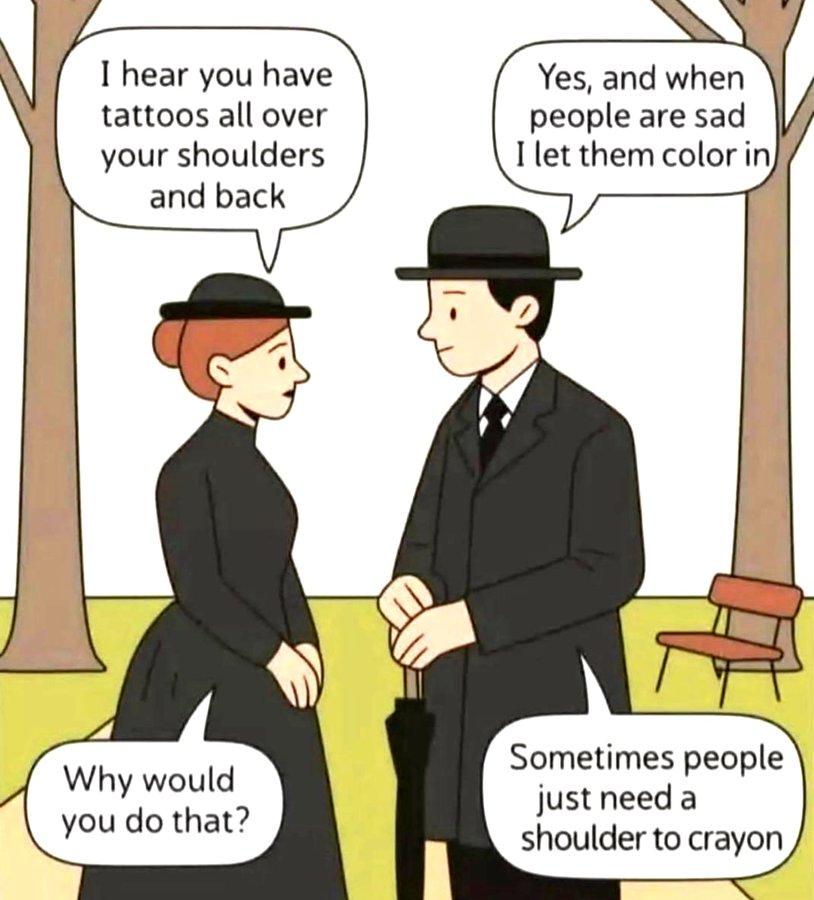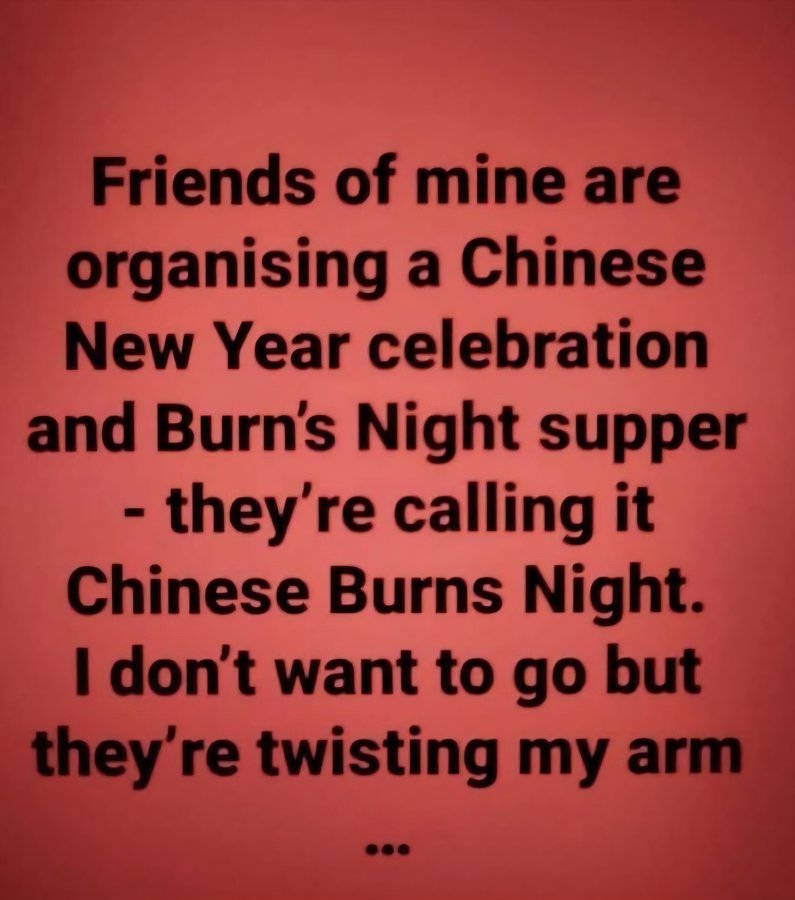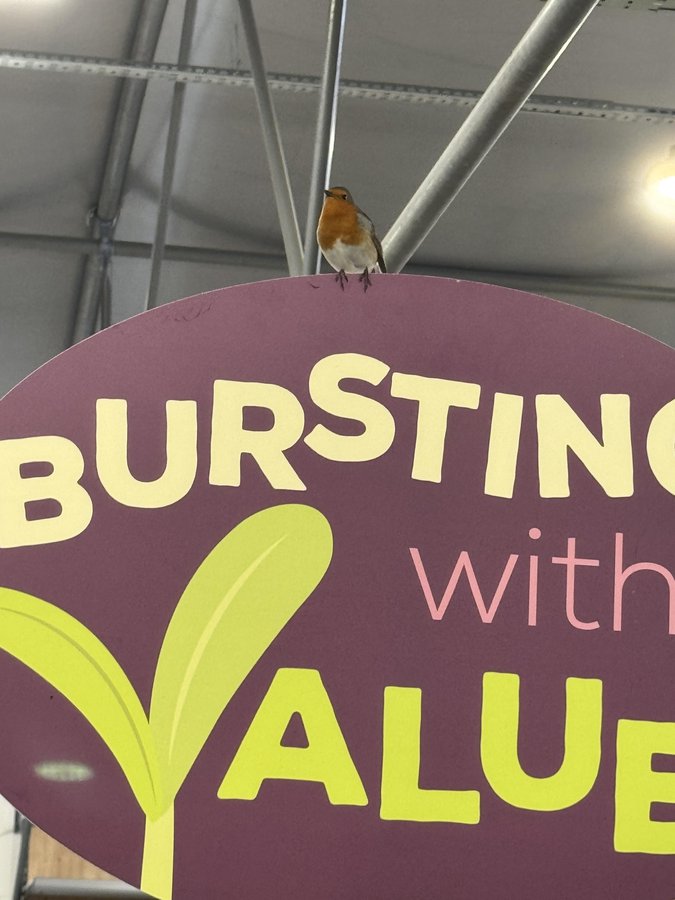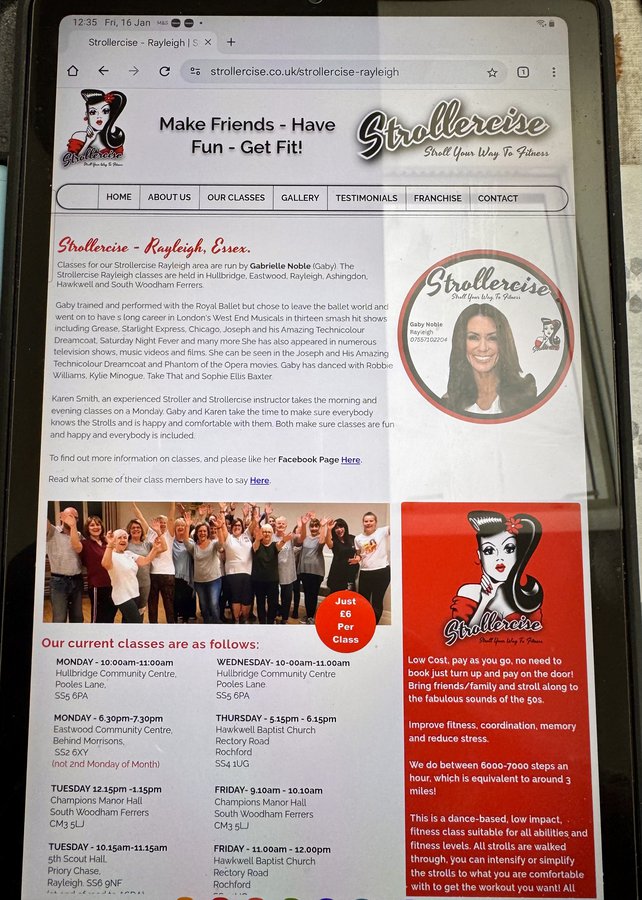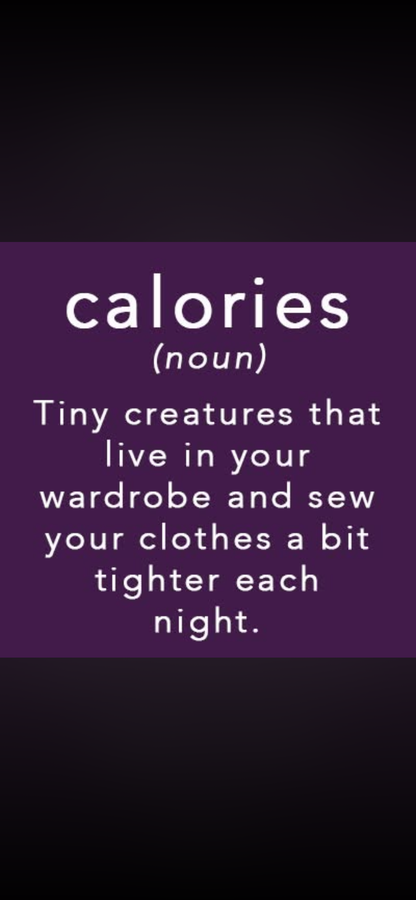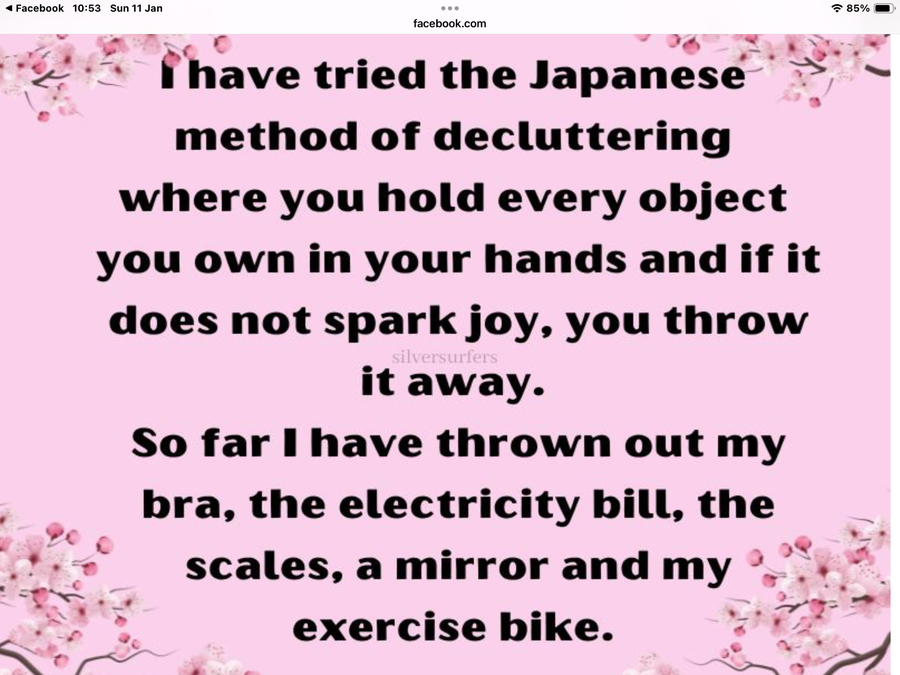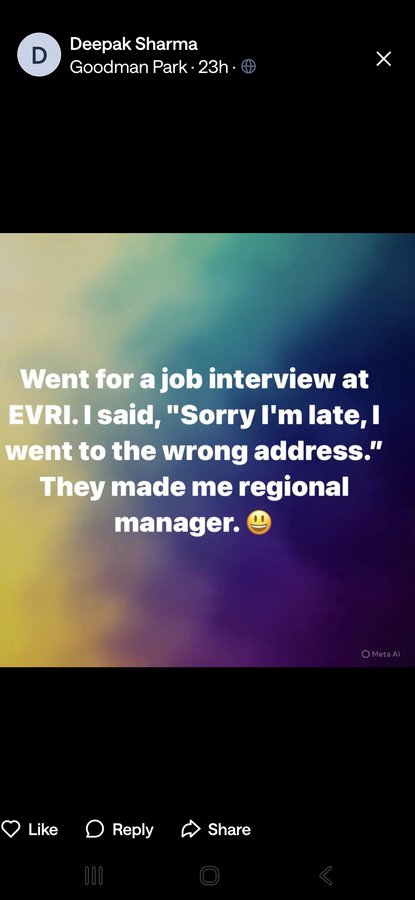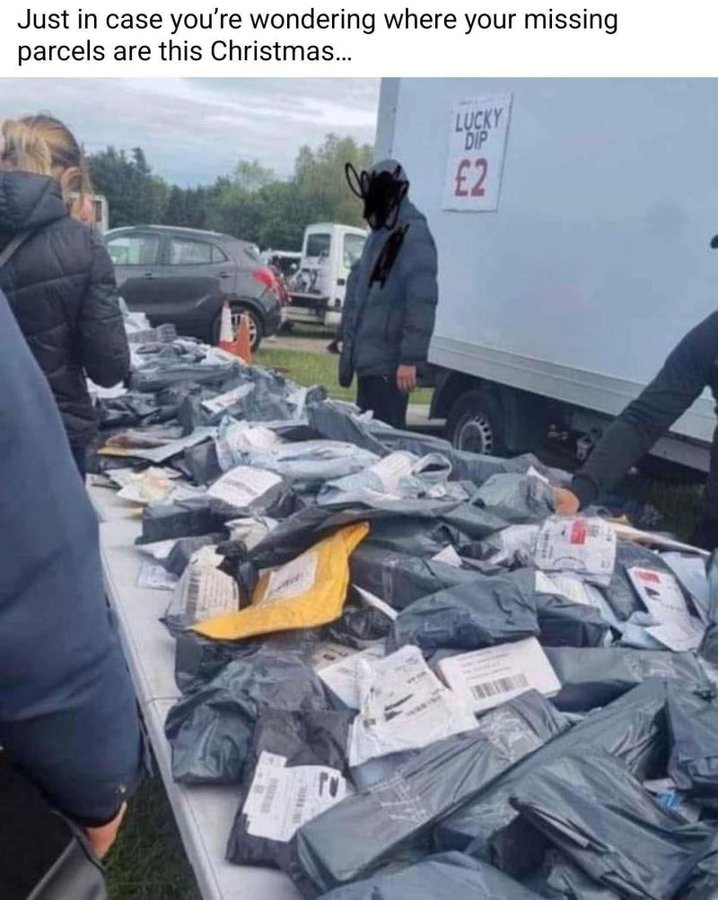How can some metal surfaces, like brass doorknobs, automatically disinfect themselves.
That antique brass doorknob is more than just decoration—it's a microscopic weapon that literally shreds harmful bacteria on contact, and we'll show you the science behind how it works.
Introduction:
Have you ever walked through an old building and noticed the tarnished, antique brass doorknobs and handrails? You might assume that newer, shinier stainless steel fixtures are more hygienic. However, science reveals a surprising truth: that old brass doorknob may be cleaner than you think, capable of killing harmful germs all on its own. This isn't a magical property but a well-documented scientific phenomenon with significant implications for public health. In a world increasingly conscious of pathogens on high-touch surfaces, understanding this natural antimicrobial power is more relevant than ever. This post will explore the fascinating science that explains how some metal surfaces, like brass doorknobs, can automatically disinfect themselves.
The Secret Weapon:
The Oligodynamic Effect
The ability of certain metals to self-disinfect is not a new discovery. Ancient civilizations, including the Egyptians and Greeks, used copper to store water and treat wounds, long before they understood the science of germs. The principle behind this power is called the oligodynamic effect.
The term comes from the Greek words oligos (few) and dynamis (force), referring to the toxic effect that small concentrations of metal ions have on living microorganisms like bacteria, viruses, fungi, and spores. While several metals, including silver and mercury, exhibit this property, copper and its alloys—such as brass (copper and zinc) and bronze (copper and tin)—are particularly effective and safe for human contact.
How Copper Wages War on Microbes:
When a microbe lands on a brass surface, the copper within the alloy launches a multi-pronged, lethal attack at the cellular level. Researchers have identified a rapid, destructive process that leaves germs with no chance of survival or mutation.
Here’s how it works:
Rupturing the Cell Wall: The first assault is on the microbe's outer membrane. Copper ions, which are electrically charged atoms, effectively "punch holes" in this protective barrier. This breach causes the cell to lose vital nutrients and water, weakening its defenses.
Generating Destructive Free Radicals: Once the membrane is compromised, the copper ions flood the cell's interior. Here, they generate highly reactive molecules known as reactive oxygen species (or free radicals). These molecules cause widespread oxidative stress, damaging essential internal components much like rust attacks iron.
Destroying the Genetic Blueprint: In the final, decisive blow, the copper ions target the microbe's DNA and RNA. By binding to the genetic material, they corrupt the microbe's "instruction manual," completely preventing it from functioning, metabolizing, or, most importantly, reproducing.
This comprehensive attack is so effective that microbes cannot develop a resistance to copper, unlike their ability to evolve resistance to antibiotics.
Brass vs. Stainless Steel:
An Unfair Fight
In modern design, stainless steel is often favored for its sleek look and resistance to corrosion. However, from a microbiological standpoint, it pales in comparison to copper alloys.
According to studies, including significant research from the University of Southampton, pathogens can survive on non-antimicrobial surfaces for extended periods. For example, some viruses can remain viable on stainless steel and plastic for up to 72 hours. In stark contrast, those same microbes are often inactivated on a copper surface within just a few hours. This makes copper alloys an ideal choice for high-touch surfaces in environments where hygiene is critical, such as:
Hospitals (bed rails, IV poles, and call buttons)
Public transportation (grab bars and poles)
Schools and public buildings (door handles, push plates, and faucets)
Conclusion
The self-disinfecting power of brass doorknobs is a perfect example of science hiding in plain sight. This capability is not magic but the result of the oligodynamic effect, where copper ions launch a devastating, multi-stage attack that destroys microbes by rupturing their membranes, creating internal chaos, and shredding their DNA. While shiny stainless steel may look clean, copper-based metals provide an active, continuous layer of antimicrobial protection. As we continue to seek innovative ways to create safer and healthier public spaces, sometimes the best solutions are the ones that have been with us for centuries, quietly waiting to be rediscovered.
https://usefulbs.com/blog/how-can-some-metal-surfaces-like-brass-doorknobs-automatically-disinfect-themselves





